Asia-wide conference reviews implementation of Beijing agreement on women’s rights
Date:
Author: John Krich
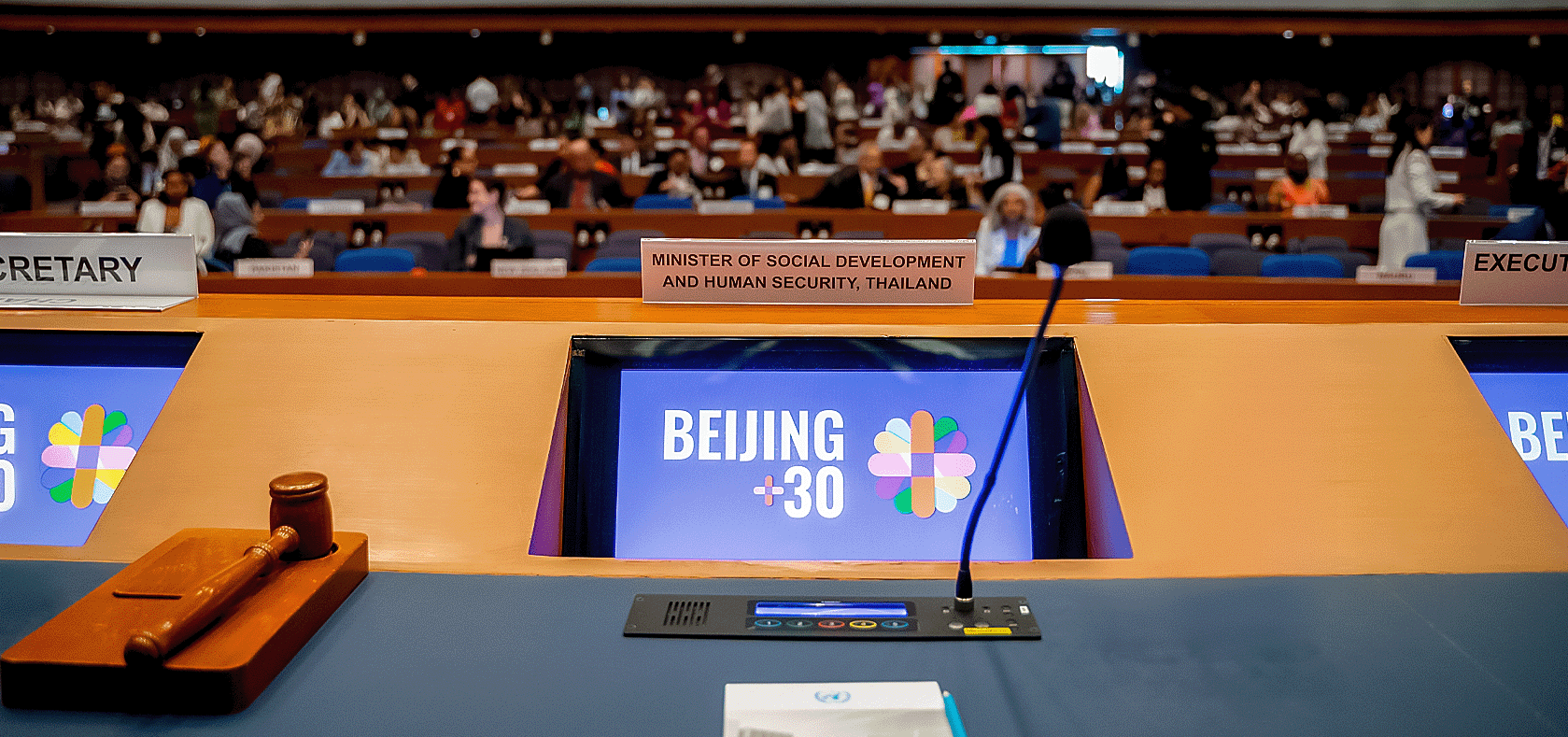
Bangkok, Thailand — “This is a landmark moment to celebrate our progress,” said Armida Salsiah Alisjahbana, Executive Secretary of the United Nations Economic and Social Commission for Asia and the Pacific (ESCAP). For Sima Bahous, Executive Director of UN Women, the event is “a catalyst and a foundation for action, a time to hold us to account”.
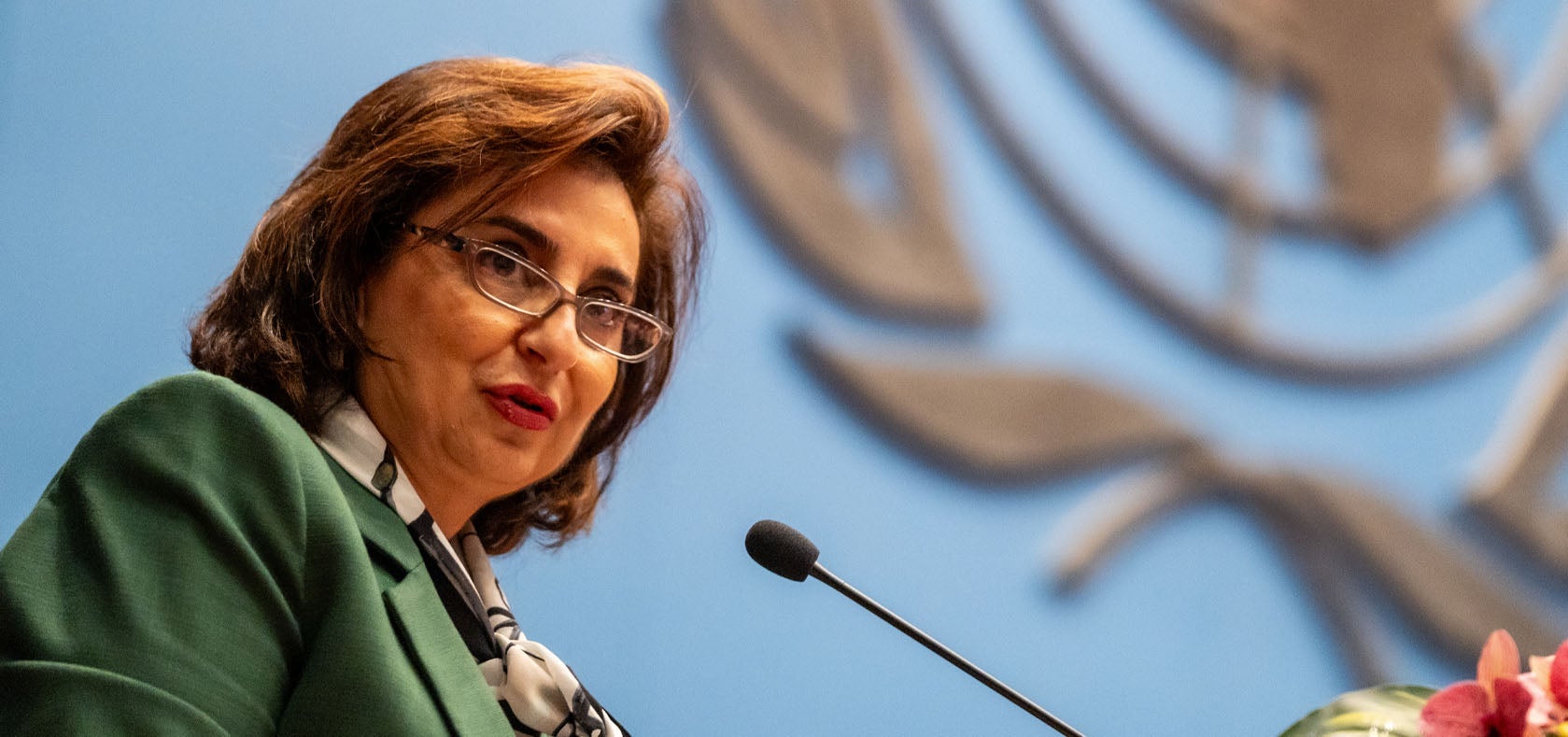
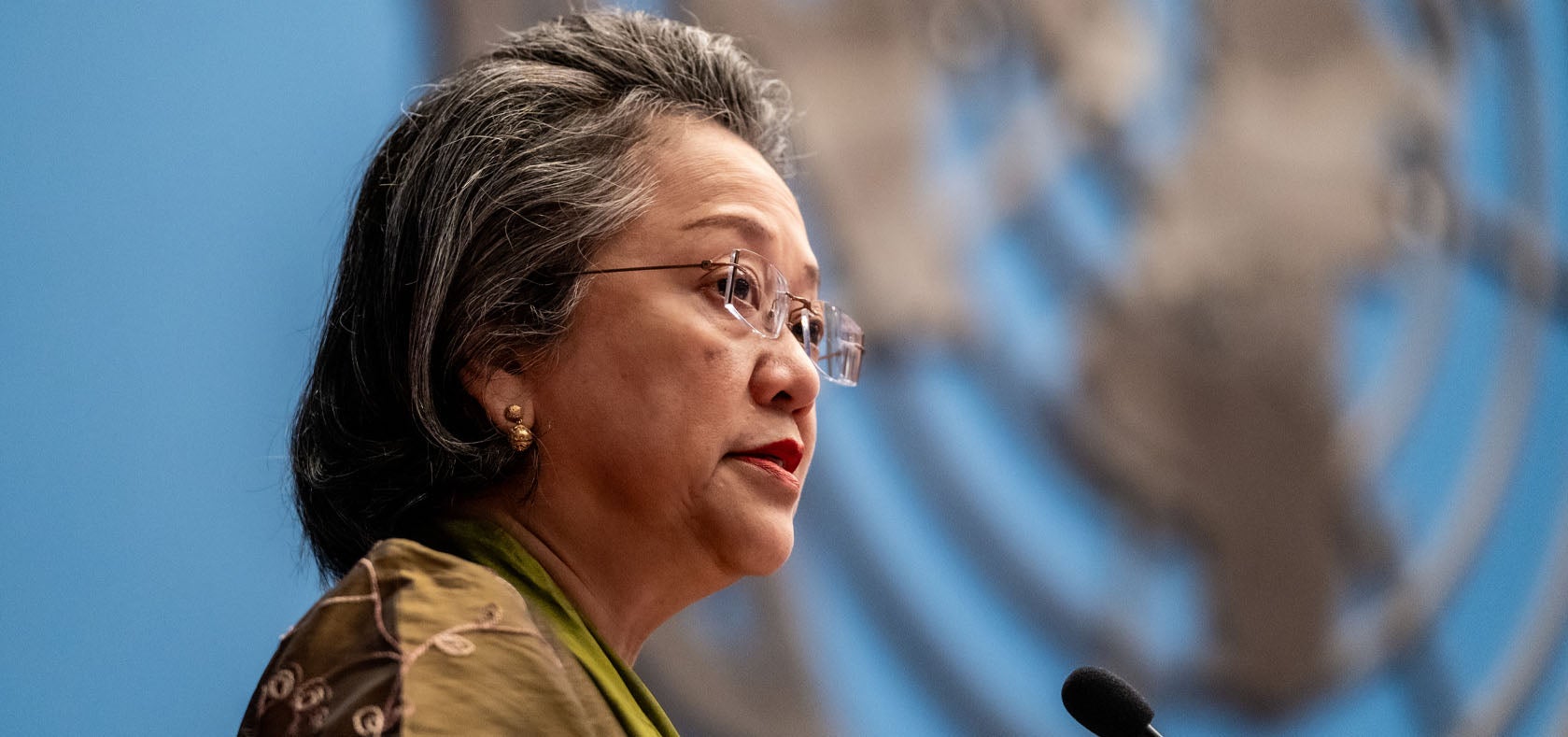
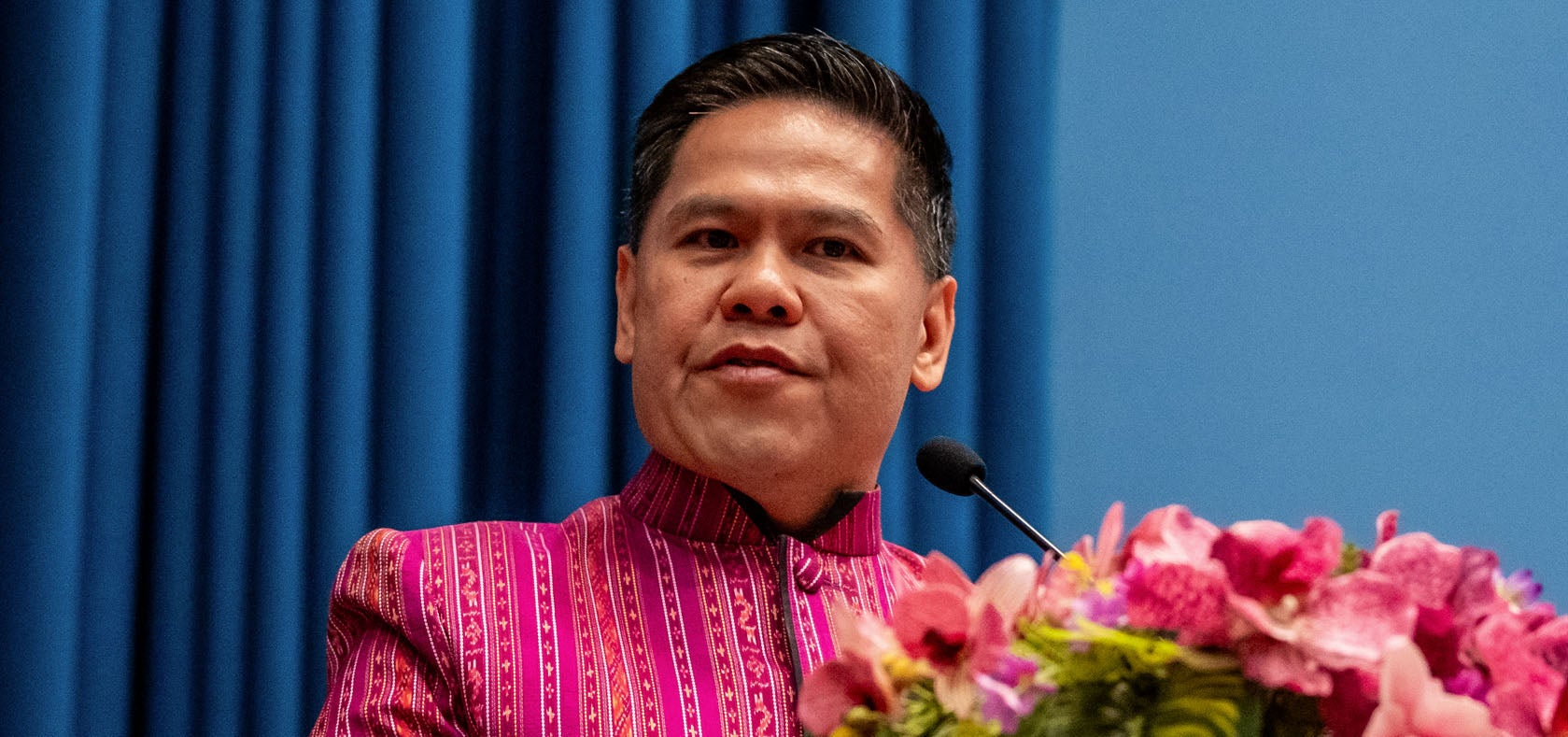
They were talking about the Asia-Pacific Ministerial Conference on the Beijing+30 Review, which began today in Bangkok. The three-day, 1,000-plus gathering in Bangkok of activists for gender equality, government and United Nations officials, and others offered a report card on the progress made and challenges remaining for the region’s women.
Next year will be the 30th anniversary of the Beijing Declaration and Platform for Action – the 1995 landmark agreement in which delegates from 189 countries declared that, “Women’s rights are human rights.”
Under the auspices of UN Women and ESCAP, today’s review kicked off with speeches by the United Nations officials and Thailand’s Minister of Social Development and Human Security, Varawut Silpa-archa, that balanced celebration of the advances for women in the region over the past three decades with resolve to do more to tackle persisting, intensifying or new obstacles.
A host of comprehensive new data and an extensive regional report launched here, Charting New Paths For Gender Equality and Empowerment, documented problems such as violence against Asia-Pacific women (1 in 4 have been abused by partners); the slow increase in women’s participation in political leadership (less than one fourth in national parliaments); and even slower entry into the labour force, with most women stuck in vulnerable informal or unpaid work (up to five times more than men).
And then there are the new difficulties that could hardly have been imagined in Beijing three decades ago: the disproportionate impact of climate change, environmental disasters and the COVID-19 pandemic on women; the proliferation of armed conflicts that harm non-combatants; and digital technology, which extends male privilege through a “digital divide” and propagates new forms of violence and exploitation of women online.
The difference was obvious to two veterans of Asia’s women’s movement who attended both the Beijing Conference and today’s gathering 30 years later. They related their stories in interviews with UN Women.
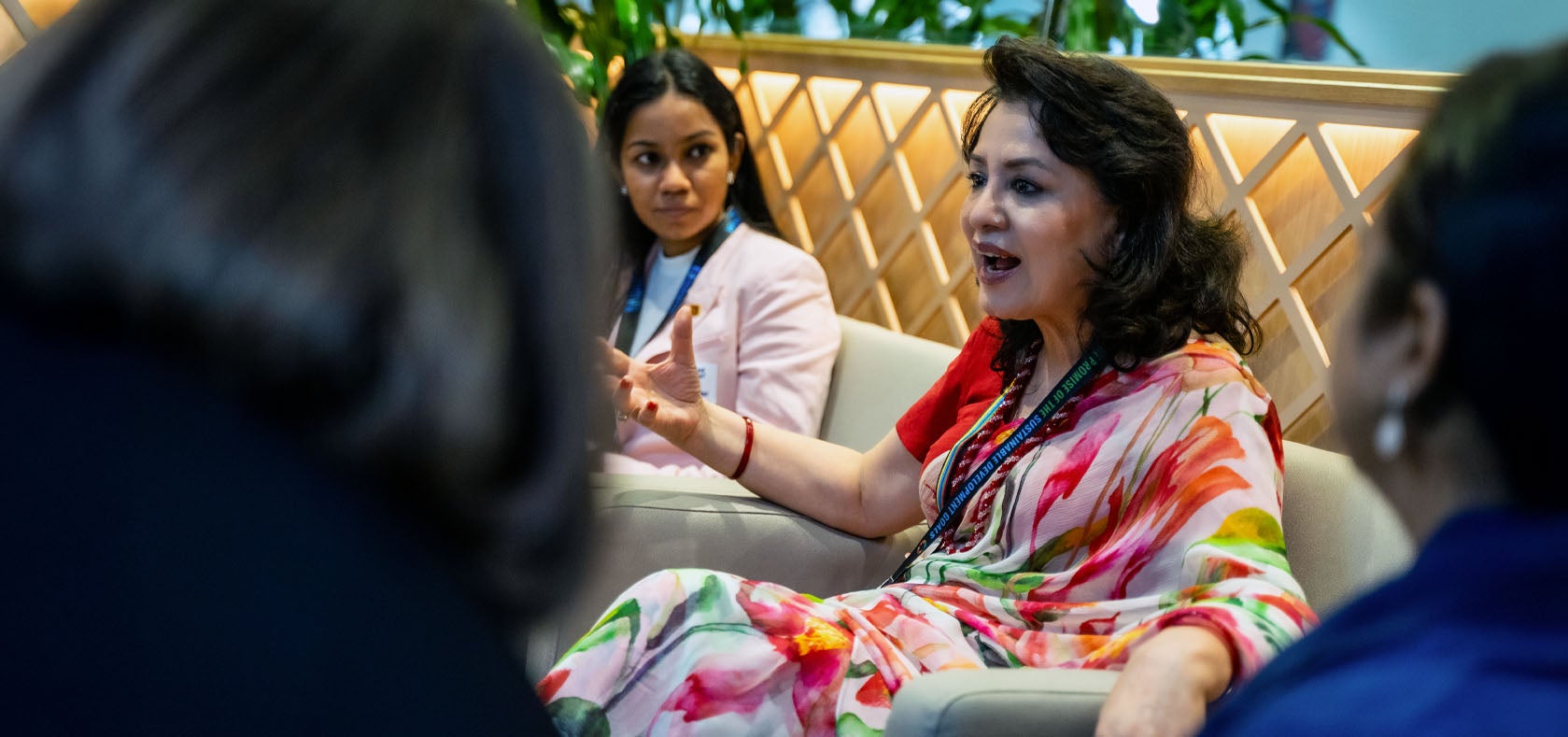
Now a leading voice in Nepal and a member of the United Nations Committee on the Elimination of Discrimination against Women, Bandana Rana was a fledgling journalist inspired to believe “anything was possible” by the “collective energy” she witnessed in Beijing. She said each subsequent review of the Beijing Platform for Action’s 12 critical areas of concern remains close to her heart. Among many initiatives to speed up slow government action and the awareness of men and boys about women’s issues, she was instrumental in enlisting FIFA football stars for a campaign for equality and is now heading a two-year project with organizations worldwide to address gender stereotypes. Three decades on, Rana believes young people must now take on the responsibility of leadership for change.
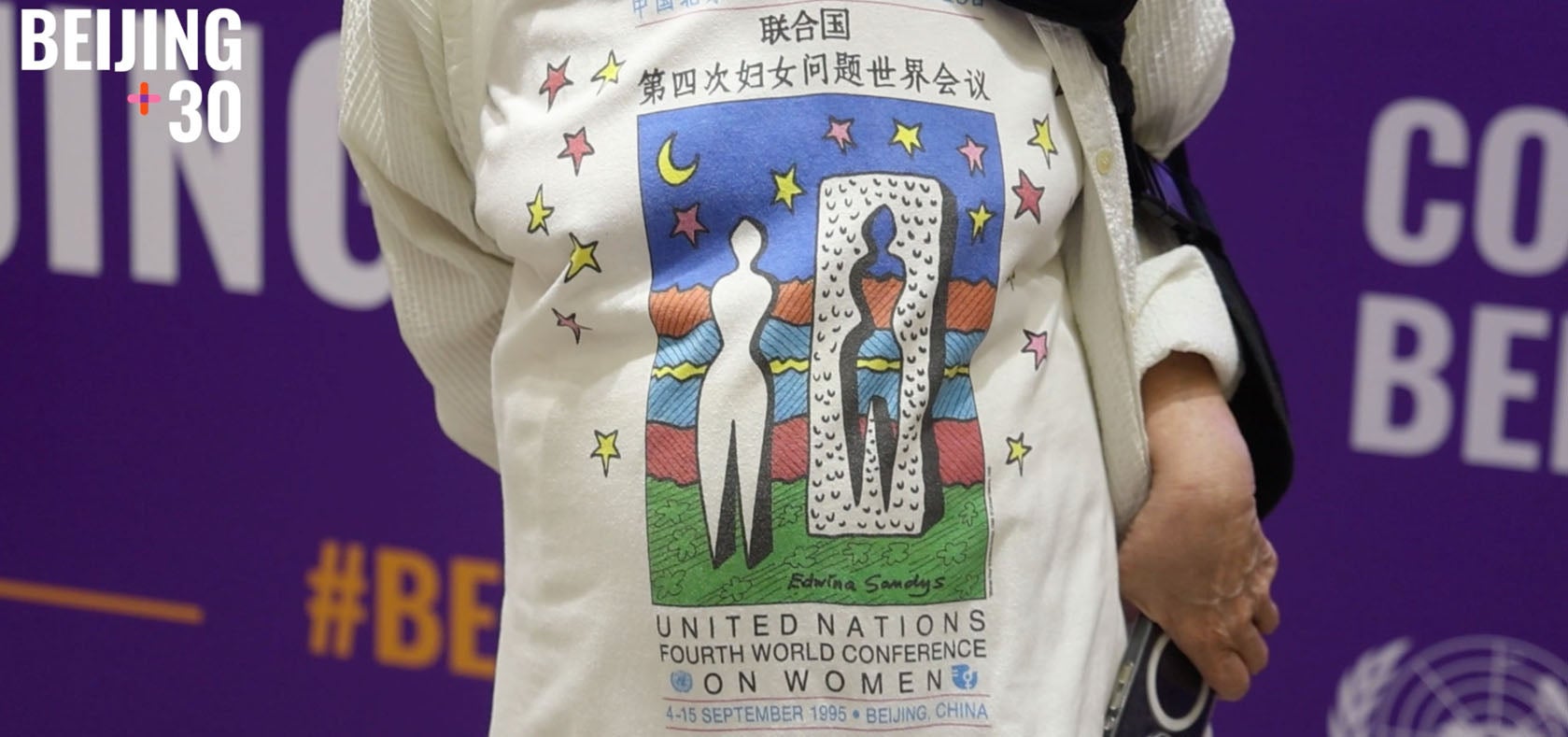
Fawzia Khondker, now 63, was sent to Beijing by her nongovernmental organization when she showed concern for rural women in her native Bangladesh. She soon dedicated her life to a slogan from Beijing: to “see the world through women’s eyes.” She founded an organization called Pragroshor (meaning “advancement”), which counsels survivors of gender-based violence and helps them heal through art and theatre.